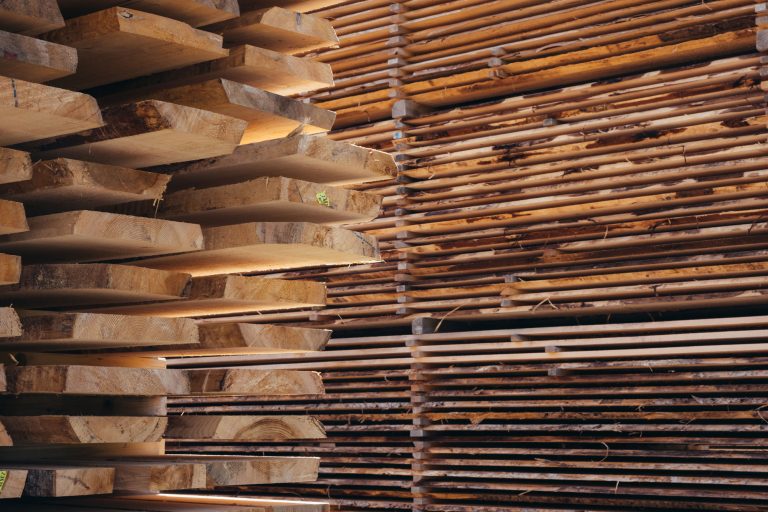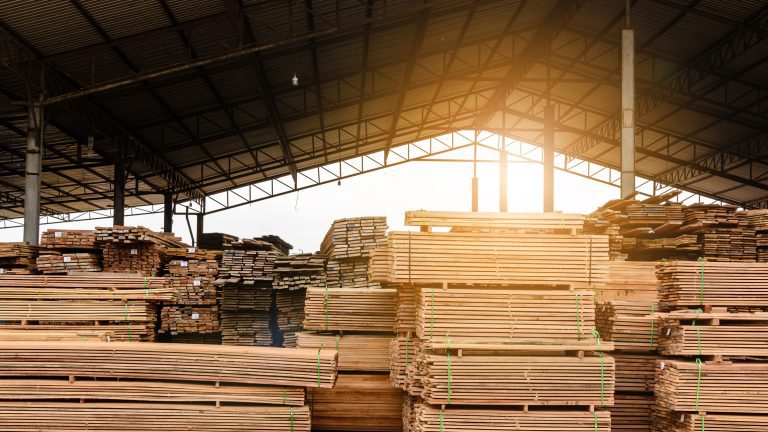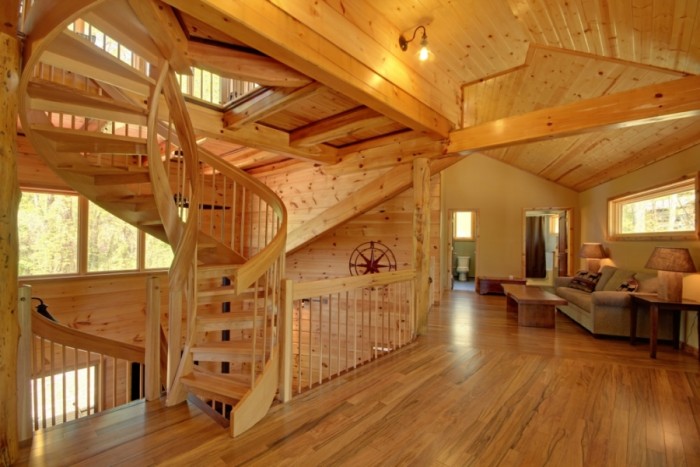Difficulties with logistics, trade with Northern Ireland, and the time and cost to fill out customs and due diligence paperwork are adding pressure to an already tight timber supply chain, a survey by the TTF has found. Logistics is the most pressing challenge facing respondents, with a lack of haulage vehicles, inflated costs, and hauliers’ hesitancy to import and export goods in and out of the UK slowing down trade. The next most prominent issue for traders is the Northern Ireland Protocol, which 45% of respondents from Great Britain (GB) who are trading with Northern Ireland (NI) believe is detrimentally impacting their ability to supply the NI market. One respondent stated that it would be “more cost-effective for our business to cease trading with Northern Irish customers,” said one respondent. As timber from GB is subject to customs declarations, due diligence under UK Timber Regulation (UKTR), phytosanitary certificates and potentially duty under the Northern Ireland Protocol, GB suppliers are at a disadvantage compared to their European counterparts, as NI is for practical purposes still in the EU, and timber from the EU is not subject the same or similar requirements. However, NI exporters to GB do appear to have largely ‘unfettered access’, with 55% of respondents reporting that they were not experiencing trade restrictions while moving goods from NI to GB. Additional administrative procedures, as well as some European companies unwilling or unable to share details of supply chains to help members complete the necessary due diligence under UKTR, is also affecting respondents’ businesses. “More paperwork required, resulting in additional costs and resources required to understand the new requirements,” said one respondent. There was also concern from the survey participants that they will face further challenges and uncertainties once the grace period for customs declarations comes to an end in July, and when UKCA marking is enforced next year. Encouragingly, the survey did find respondents well prepared for their new role as Operators under UK TR and the due diligence requirements this entails, as well as for the new rules for importing, as none of those surveyed mentioned any issues from a compliance perspective. David Hopkins, Chief Executive Officer of the Timber Trade Federation, said: “On the whole, this survey shows that our members are coping well with the changes brought about by Brexit. But, the new trade restrictions have come at a time when the market is experiencing unparalleled challenges as a result of the COVID pandemic. In December we released a market statement warning of tight timber and panel supplies into 2021. Now, the situation is exacerbated by increased administration and slower delivery times as a result of the Brexit trade deal.” “Looking ahead we see a variety of challenges besides logistics. Most concerningly is UKCA marking. This mark could raise considerable trade barriers for our members. The Government has yet to draw up the full framework for suppliers from outside the UK, so we foresee businesses struggling to prepare for the implementation of the new mark next year. “We are working with the Construction Products Association (CPA) to look for practical solutions to this situation. “However, it is positive to hear our members are optimistic for the year ahead as demand remains at an all-time high. People want to renovate their homes, and construction remains open for business during lockdowns. We are also extremely pleased that after almost half a decade of preparing members for Brexit, it is paying off as they feel confident they have the capability and knowledge to conduct trade successfully once the systems are up to speed. “There is still a lot of work left to do, but as ever the Timber Trade Federation will work with our members to prepare for the changes to come.” About the report The Timber Trade Federation Post-Brexit survey gathered thirty-six member companies’ responses, representing timber importers, merchants, agents, and manufacturers. The survey was conducted between 11 January to 12 February. You can find the report HERE.







